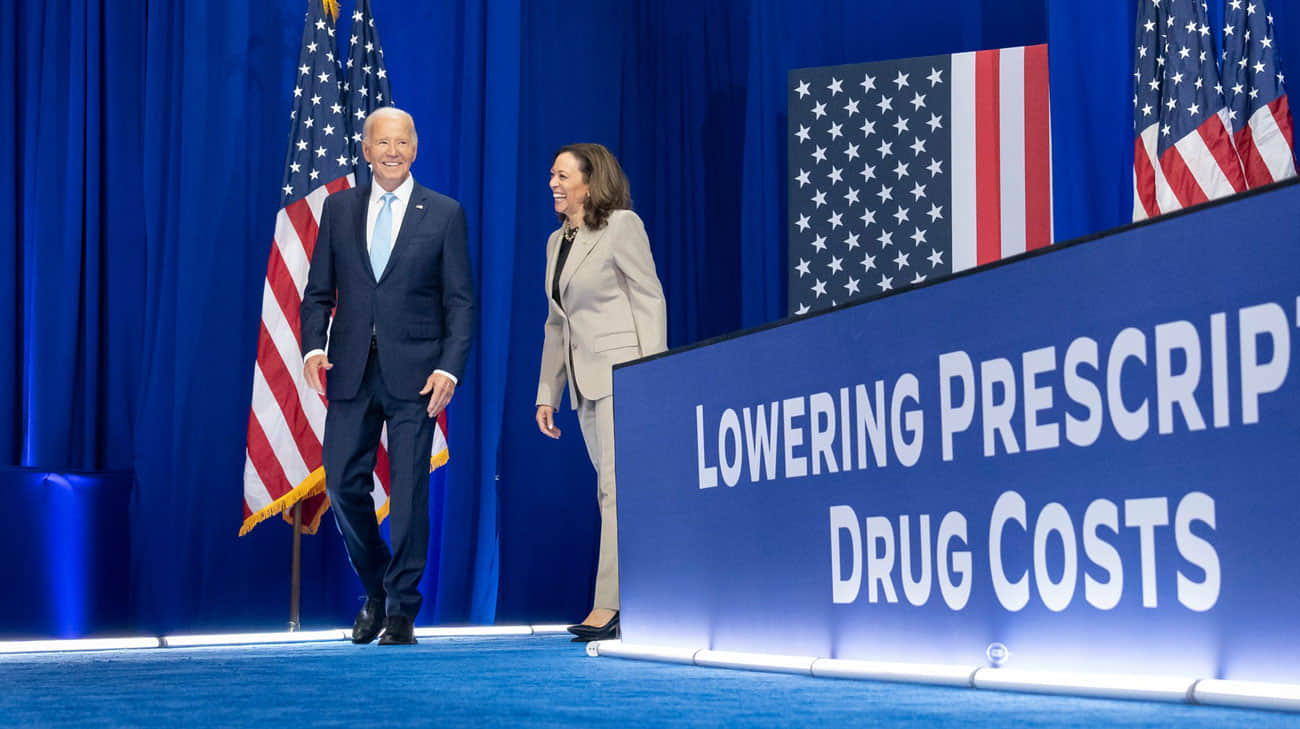Spending watchdog refuses to sign off on government accounts
The spending watchdog has refused to sign off on the government's accounts for the first time due to unreliable data from England's local councils.


The spending watchdog has refused to sign off on the government’s accounts for the first time due to unreliable data from England’s local councils.
The National Audit Office (NAO) said that just 43 of England’s 426 local authorities had submitted reliable accounts to the watchdog, while 187 did not submit any data at all. The remaining authorities submitted unaudited accounts.
This meant that the NAO had to “disclaim” the whole of government accounts for 2022-23, a report which combines the accounts of 10,000 public sector organisations, ranging from government departments to public parks.
The NAO said the shortcomings in the accounts submitted by local authorities were “so large and pervasive” that it was unable to form an overall judgement.
“It is clearly not acceptable that delays in audited accounts for English local authorities have made it impossible for me to provide assurance on the Whole of Government Accounts for 2022-23,” Gareth Davies, head of the NAO, said in a statement.
The government is in the process of taking steps to address the backlog in audited accounts from local authorities, including by allowing outdated accounts to be finalised without formal sign-off.
The NAO said this would be unlikely to impact the disclaimer for next year, but does offer a “medium-term” solution.
Geoffrey Clinton-Brown, chair of the Commons public accounts committee, urged the government to “press forward with its plans to permanently resolve the local audit crisis”.
“The whole of government accounts must be made fit for purpose again,” he added.
The backlog in local audits is yet another sign of the financial crunch facing England’s local authorities after years of cuts, with multiple councils having gone bust in recent years.
According to the Institute for Fiscal Studies, council’s core funding will be 18 per cent lower in real terms per person than at the start of the 2010s.
Although the NAO was unable to arrive at a judgement on the accounts as a whole, it stressed that its misgivings did not apply to the Comptroller and Auditor General’s scrutiny of departmental accounts.
A Treasury spokesperson said: “We are working with local authorities to improve reporting and transparency and ensure the accounts are as detailed as possible, while making significant additional disclosures to the National Audit Office to address any missing data.”



